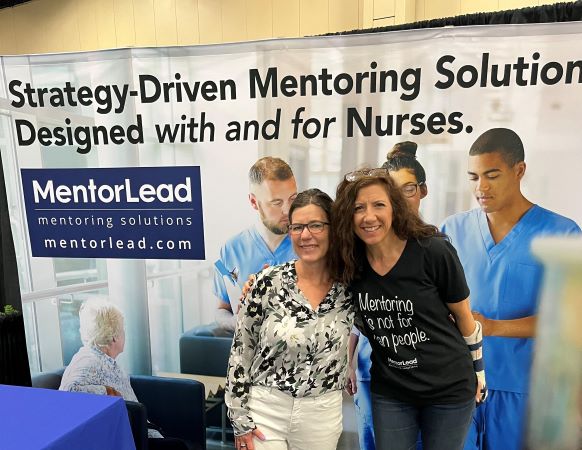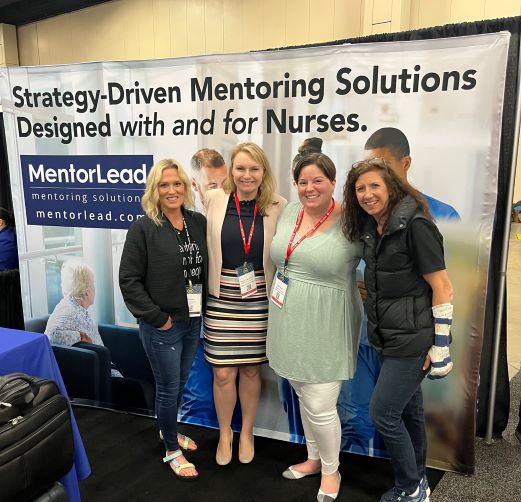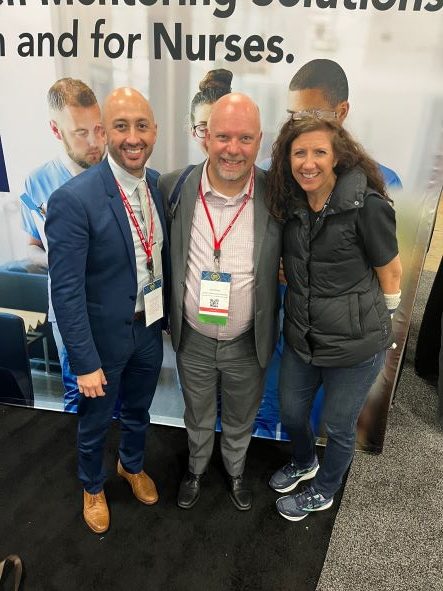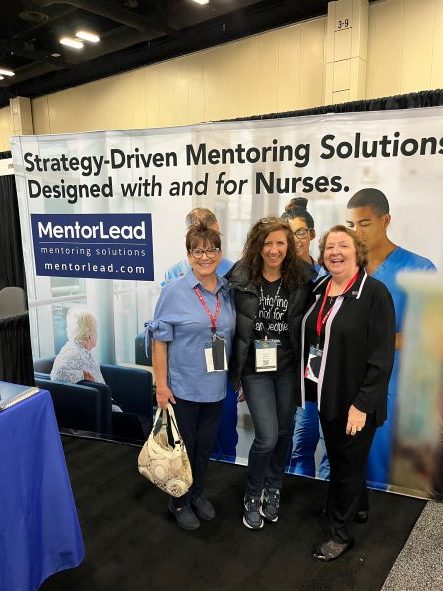
[Flash] More Insights. Less Information.
|
I received a chain email recently from a friend with a list of facts about herself: favorite color, food, season, movie, place to vacation, quote, and book. She then asked everyone who received the email to copy the questions and send it back with our own list of facts.
While it was interesting to learn more about this person, notice our commonalities, and store the book recommendation, it’s just data. To truly get to know someone and their journey, I need context and insight. I’m drowning in information, but I’m parched for wisdom. When I read my friend’s get-to-know-me email, I found myself more curious about why those items were her favorites and what she had discovered, learned, perceived, or experienced in creating her list. But pausing to identify insights takes time and intentionality. It’s easy to list a bunch of facts about ourselves in an email template. Conversely, it’s challenging to parse through the data, think critically about our experiences, and articulate our learnings. I’m surmising this is why I gravitate to memoirs on Audible. I love the hero’s journey, the overcoming of obstacles that evolves us as human beings. And I appreciate people who persevere, reflect, and then mentor us with their perspectives, especially famous people. My favorite struggle-behind-the-success memoir authors include Michelle Obama, Katie Couric, Viola Davis, Marc Randolph (co-founder of Netflix), Dave Grohl (drummer of Nirvana), and Stephen King. Memoirs demand that the authors think critically about their adventures and offer us their wisdom, not merely a catalog of their circumstances. Actor Matthew McConaughey amplified this notion in my other favorite memoir, Greenlights. McConaughey ended each chapter with a “Note to Self!” section in which he identified his insight from that period of his life. It was a playful pause to reflect and articulate his learning. In addition, it was like ear candy listening to McConaughey narrate his book. When he reached each “Note to Self!,” he deployed his infamous drawl coupled with his whimsical nature to emphasize each lesson theatrically. As if he couldn’t decide if he was mentoring us or reminding himself. More insights. Less information. © 2022. Ann Tardy and MentorLead. www.mentorlead.com. All Rights Reserved. |







